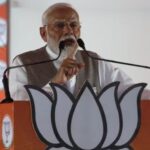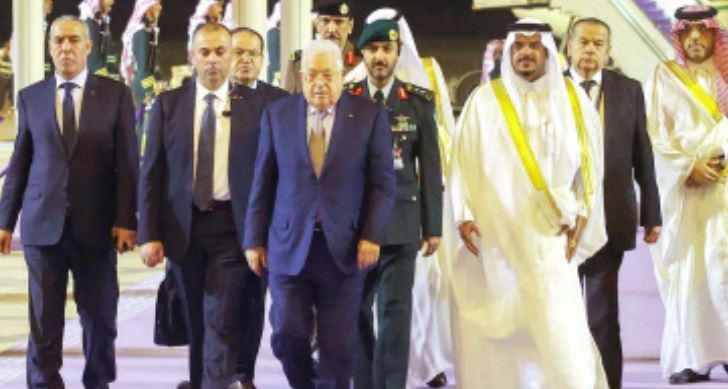Riyadh: Arab leaders and Iran’s president are in the Saudi capital Saturday for a summit meeting expected to underscore demands that fighting in Gaza end before the Israel-Hamas war draws in other countries. The emergency meeting of the Arab League and the Organisation of Islamic Cooperation (OIC) comes after Hamas militants’ bloody October 7 attacks that Israeli officials say left about 1,200 people dead, mostly civilians, and 239 taken hostage. Israel’s subsequent aerial and ground offensive has killed more than 11,000 people, also mostly civilians and many of them children, according to the Hamasrun health ministry. Aid groups have joined pleas for a ceasefire, warning of a humanitarian “catastrophe” in Gaza, where food, water and medicine are in short supply. The Arab League and the OIC were originally meant to meet separately, but the Saudi foreign ministry announced early Saturday that the blocs’ summits would be combined. The move underscores the importance of reaching “a unified collective position that expresses the common Arab and Islamic will regarding the dangerous and unprecedented developments witnessed in Gaza and the Palestinian territories,” the official Saudi Press Agency reported. The Arab League aims to demonstrate “how the Arabs will move on the international scene to stop the aggression, support Palestine and its people, condemn the Israeli occupation, and hold it accountable for its crimes”, the bloc’s assistant secretary-general, Hossam Zaki, said this week. But Palestinian militant group Islamic Jihad on Friday said it did not “expect anything” from the meeting, criticising Arab leaders for the delay. “We are not placing our hopes on such meetings, for we have seen their results over many years,” Mohammad al-Hindi, the group’s deputy secretarygeneral, told a press conference in Beirut. “The fact that this conference will be held after 35 days (of war) is an indication of its outcomes.” Israel and its main backer the United States have so far rebuffed demands for a ceasefire, a position that is expected to draw heavy criticism on Saturday. “This is not just about IsraelPalestine — this is about what is facilitating Israel to do this, which is basically the United States and the West,” said Saudi analyst Aziz Alghashian. That tension has been on display during US Secretary of State Antony Blinken’s recent visits to the region, as well as during a stop this week in Riyadh by British Foreign Secretary James Cleverly, who met with a number of his Arab counterparts who have called for a ceasefire. “What we have said is that calling for a ceasefire is understandable, but what we also recognise is that Israel is taking action to secure its own stability and its own security,” Cleverly said on Thursday
Exclusive
Breaking News
 India Hot Investment Destination For Western Corporate Giants: UN Report
India Hot Investment Destination For Western Corporate Giants: UN Report
 Four Generations Ruled Delhi But Today They Can’t: PM
Four Generations Ruled Delhi But Today They Can’t: PM
 Crime Branch Issues Advisory to Protect Citizens from Online Investment Fraud
Crime Branch Issues Advisory to Protect Citizens from Online Investment Fraud
 8,889 Crore Including Drugs Seized So Far During LS Polls
8,889 Crore Including Drugs Seized So Far During LS Polls
 Modi’s government brought of Article 370: PM
Modi’s government brought of Article 370: PM






More Stories
India Hot Investment Destination For Western Corporate Giants: UN Report
Four Generations Ruled Delhi But Today They Can’t: PM
Crime Branch Issues Advisory to Protect Citizens from Online Investment Fraud